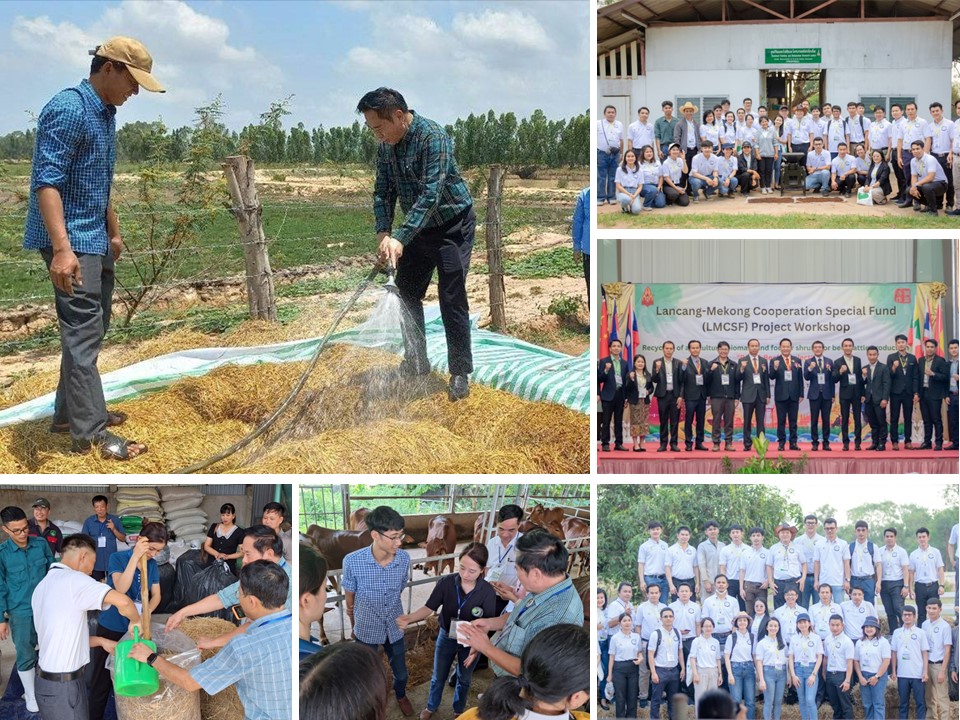
Enhancing Community and Small-scale Water Resource Management in the Mekong Region (ECSWRM)
Greater Mekong Sub-region (GMS) urban and rural water landscape have been changing and unsettled. Waters have been harnessed to generate electric power, irrigate agriculture and to supply the growing industries and growth of urban. New lands have been encroached, not only for agriculture, but also for building infrastructure of development, urban sprawl, industrial sites. The massive expansion of urban of GMS drove the rise of demand on fresh water. In this respect, rural and urban water landscape of GMS has encountered numbers of challenges. The growing demand of fresh water both for agriculture and non-agricultural purposes (urban consumption, industries, energy, etc.) gives the rise of conflicts, causing by competing for scarcity water. Chemical use in agriculture and wastewater discharged from urban and industry pollute natural watercourse. The polluted water causes harm to human and endangers natural habitats downstream of the river. In addition, the water infrastructures, such as sewerage drainage, water supply, could not keep pace with explosion of urban sprawl. Flash floods are unpredictable while rising over years and become new disastrous commons in urban center causing extensive damage on social and economic assets of city and communities also including human health threat. The existing conventional attempts to confront these challenges, however, are generally relied on sectoral-based approach, but the strategies are fragmented and ineffective.
In Thailand, and likewise to other Mekong countries, the management of water resources is largely limited to some government agencies while their coordination and collaboration are poor till now the country remains unchanged while even more facing severe water-related disasters; including water supply shortage for community and agriculture, severe flash floods and intra-inter annual droughts. Participation of impacted people in water management, especially the poor, is trivial.
In Lao PDR and Cambodia, for example, the focus of water issue is rather responsive to the needs of industries and urban power demand while paying less attention to most small-scale farmers. Many international development partners strongly recommended that to get out from the water crisis, the community should learn and plan for small-scale water infrastructure with self-management.
The proposed project will address the above challenges by promoting community and small-scale water resource management in Lao PDR, the Northeast of Thailand, and Cambodia. Although small-scale water managements are seemingly agricultural focus, ECSWRM considers urban-rural interface; urbanity has encompassed rural areas, meanwhile ruralness are inside urban centers. The aim of ECSWRM is to improve efficiency of small-scale water resource managements would lead to ease the tensions of competing for water between sectors, improve quality of life of local people as well as enhancing viability and sustainability of water-related ecosystem services. This aim is in line with the New Southern Policy of Strategic Direction that focuses three core values – a community that values and connects people; a community where people can share prosperity based on mutual benefits; and a community which can contribute to maintaining and stabilizing regional peace.




